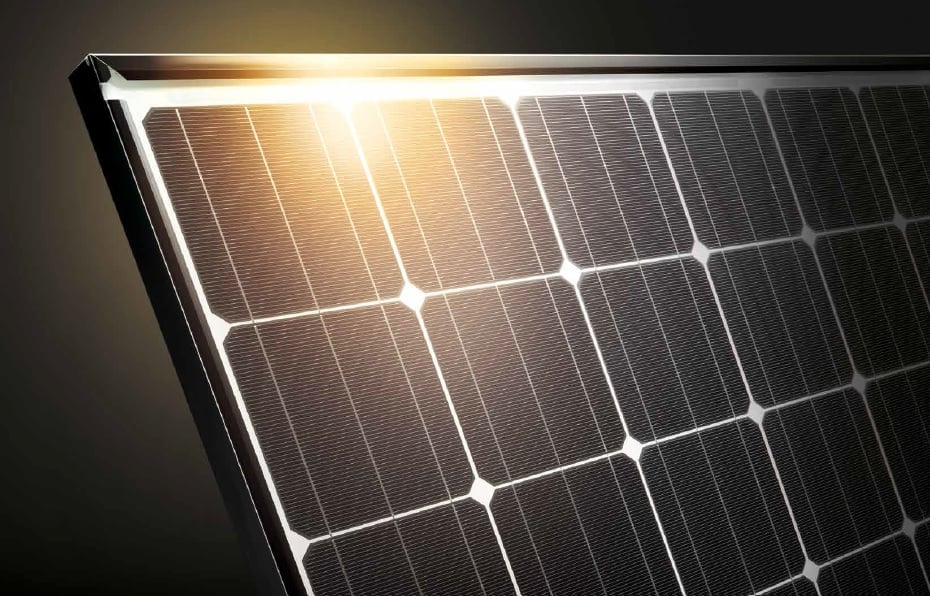
Panasonic has announced plans to withdraw from manufacturing heterojunction (HJT) cells and modules with the closure of its manufacturing plants in Malaysia and Shimane Prefecture, Japan.
The company said that the plant closures would occur during its fiscal 2022, ending in March 2020, noting that production of its HJT cells and modules would continue with subcontracting production to its manufacturing partners.
However, Panasonic had already transferred a 90% stake in its plant in Malaysia to China-based PV manufacturer GS-Solar as part of wider collaboration on HJT production expansion and R&D. However, the deal fell through and Panasonic had sought to find another partner without success.
Try Premium for just $1
- Full premium access for the first month at only $1
- Converts to an annual rate after 30 days unless cancelled
- Cancel anytime during the trial period
Premium Benefits
- Expert industry analysis and interviews
- Digital access to PV Tech Power journal
- Exclusive event discounts
Or get the full Premium subscription right away
Or continue reading this article for free
As part of plan, Panasonic said it would also be reducing its R&D functions and headcount at its Nishikinohama factory in Kaizuka City, Osaka.
The company did not say how many jobs would be lost or the cost of the shutdowns.
GS-Solar has around 600MW of HJT production, but has previously announced plans to expand capacity by a further 2GW in Jinjiang City, China.






